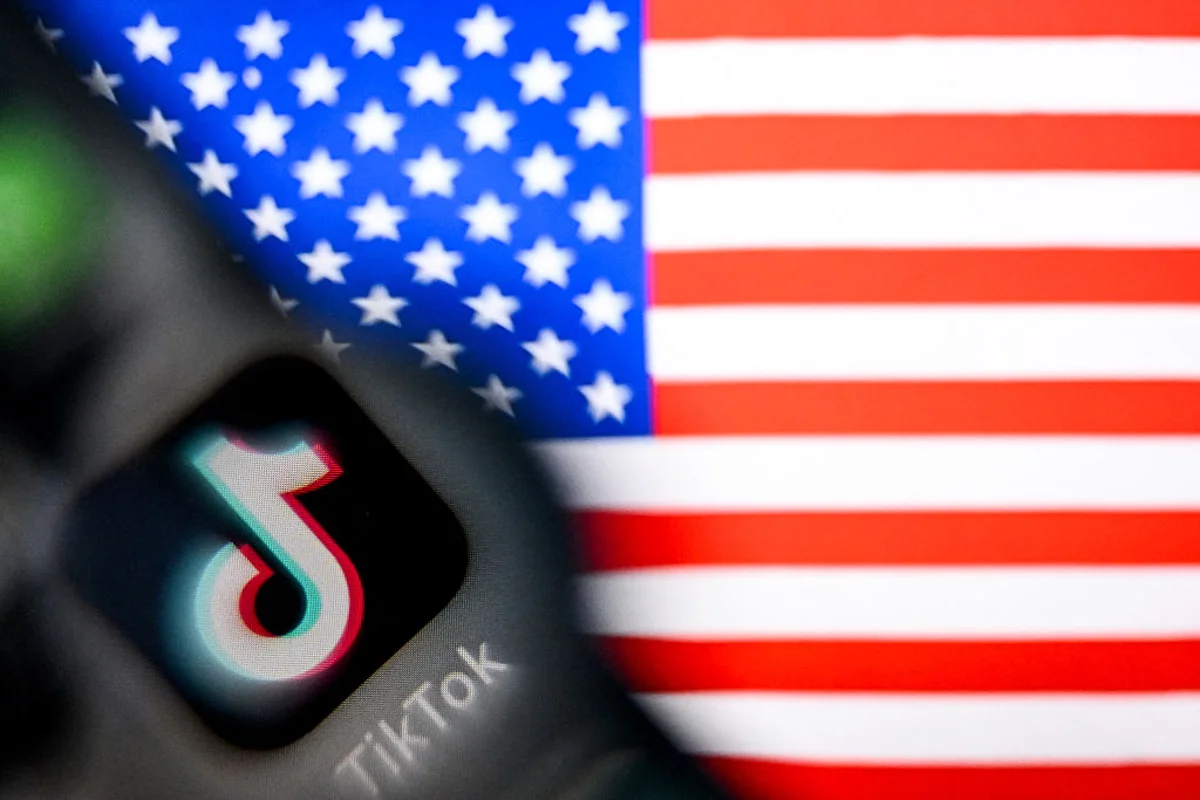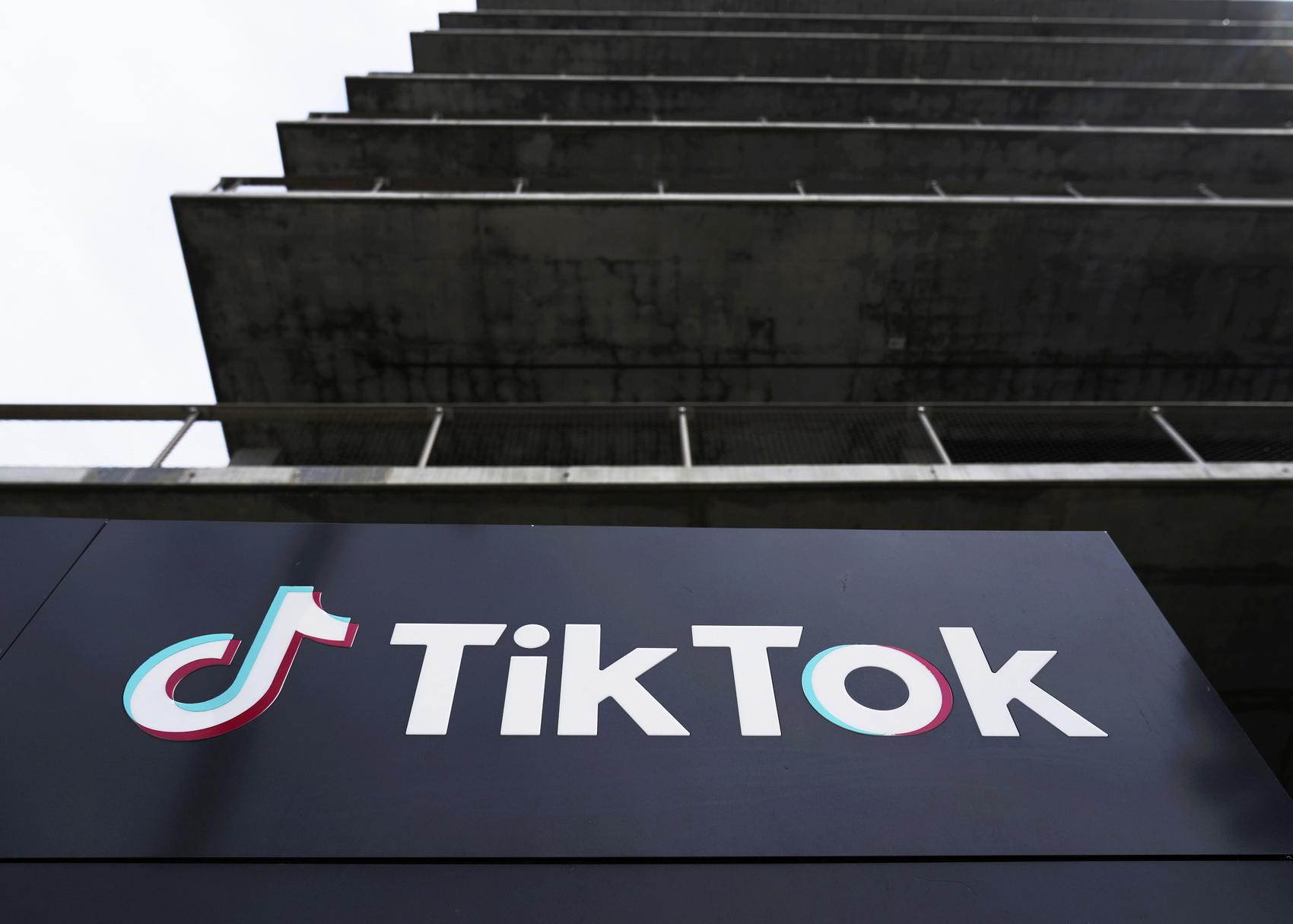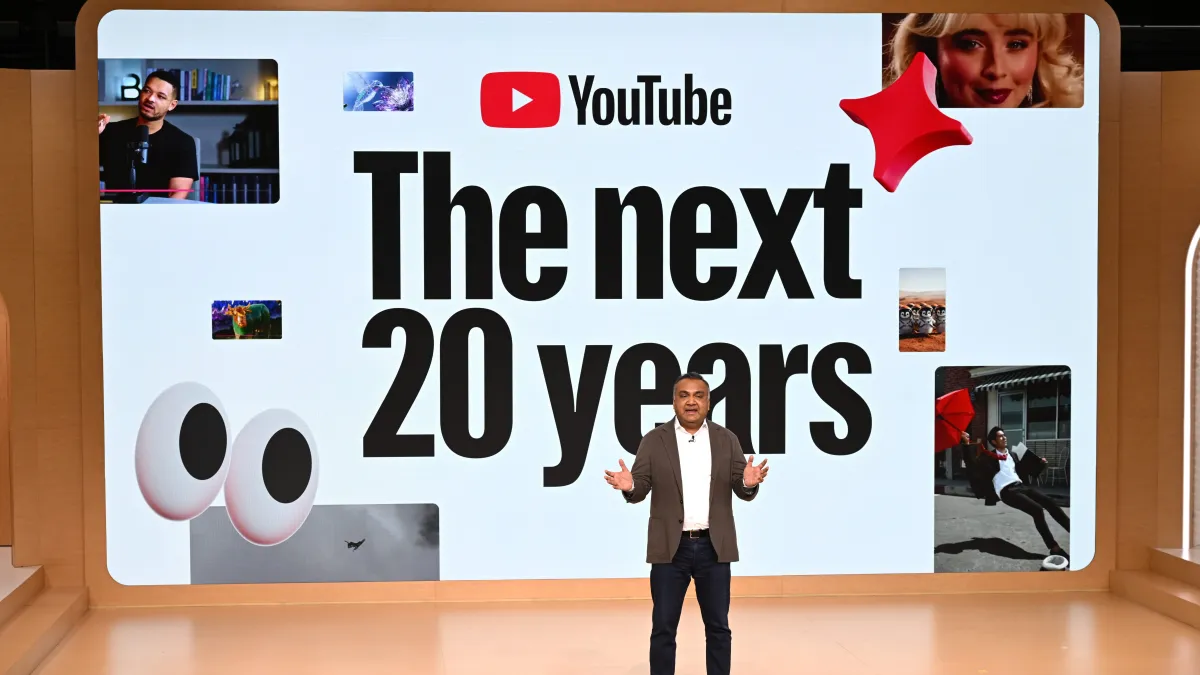By Anthony Cuthbertson
Copyright independent

TikTok is about to change in a big way for US users.
After years of speculation about a possible ban, TikTok’s Chinese parent company ByteDance looks set to have reached an agreement with the US government to transfer operations to American owners.
A nationwide ban on the app was signed by former president Joe Biden on 23 April 2024, and was upheld by the Supreme Court in January following legal challenges. The terms of the ban stated that ByteDance needed to divest its ownership to a non-China-based company in order to negate concerns about the company’s alleged ties to the Chinese Communist Party.
President Donald Trump has since signed a series of executive orders to delay the ban in order to figure out a way to keep the app running, or at least a version of it. The changes will impact the roughly 170 million people who currently use TikTok in the US, who will only be able to access a new US-only version of the app.
The deal, if finalised, will fundamentally change how people experience the app in the US, with the main change relating to TikTok’s algorithm. This technology uses a combination of machine learning and user behaviour to determine how people individually experience the app through their “For You” feed.
The recommendation system is set to undergo an audit by the tech giant Oracle before being retrained using US user data. Some analysts have warned that this could prove detrimental for both users and advertisers, potentially causing some to leave the app entirely.
“If an algorithm trained only on US data cuts US users off from content from users in the rest of the world, and vice versa, that could degrade the experience and erode TikTok’s influence,” Jasmine Enberg, a principal analyst at market research firm eMarketer, told The Independent.
“While some brands may see a new TikTok app as a chance to secure a first-mover advantage, if global brands have to splinter their TikTok strategies, they might choose to spend their dollars elsewhere … Many users will migrate to a new app if they have to, if out of curiosity alone.”
Ms Enberg points to similar shifts following ownership changes of other social media apps, most notably when Elon Musk bought Twitter and remade it into X. The overhaul of the app’s algorithm and content caused millions of users to switch over to rival platforms like Bluesky and Threads.
“While still speculative, we could see similar dynamics play out again,” she said.
There are fears that the current terms of the deal could hand influence to Mr Trump, or at least his allies, with investors Oracle, Silver Lake and Andreessen Horowitz having connections to the US president. One provision of the deal also reportedly allows the US government to select one board member.
This could see changes to TikTok’s policies and community guidelines, which determine what type of content and views are acceptable on the platform.
Some fear that the consortium of investors, which includes the owners of Fox News and other Trump allies, could lead to algorithm manipulation to promote right-wing content, though this could drive away users and is therefore unlikely to be in the investors’ best interests.
The initial terms of the TikTok ban outlined concerns that the app is being used as a tool to spread propaganda through its algorithm, or collect private data from US citizens.
ByteDance has denied these claims and argued that shutting down the app would be a violation of the First Amendment. The Chinese company will retain a 30 per cent stake in the new US app, but will not have a controlling say in how it is run.
The new deal, or at least an outline of it, is expected to be announced this week when President Trump signs an executive order to give a further 120-day pause to the ban deadline. This should allow enough time for the deal to be finalised.
“Once the ink dries on a deal (likely not until 2026), US TikTok users will be forced to move to a new version of the app to continue using the social media platform,” Kelsey Chickering, a principal analyst at Forrester, wrote in an emailed comment to The Independent.
“Ahead of the sale, Bytedance has been working a new, US-only version of the TikTok app for months, supposedly recreating the algorithm and experience.
“The jury’s out on whether this new, US-only, app will be a true replicate of the old one, with just as powerful of an algorithm and experience. If it isn’t, consumers and creators will likely revolt and spend more time on other platforms.”



